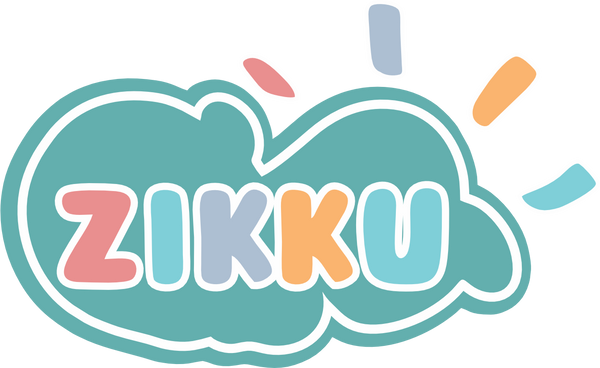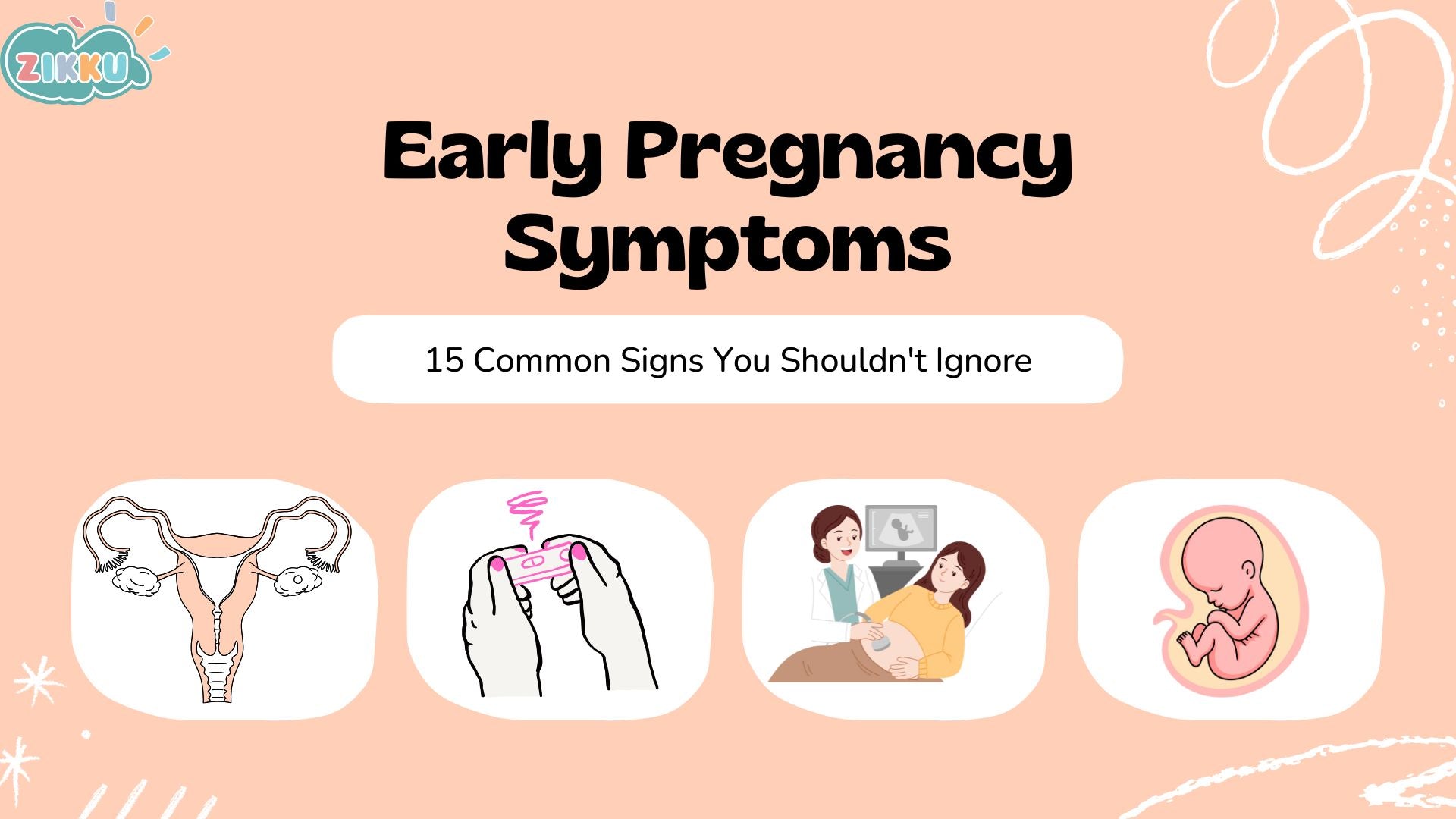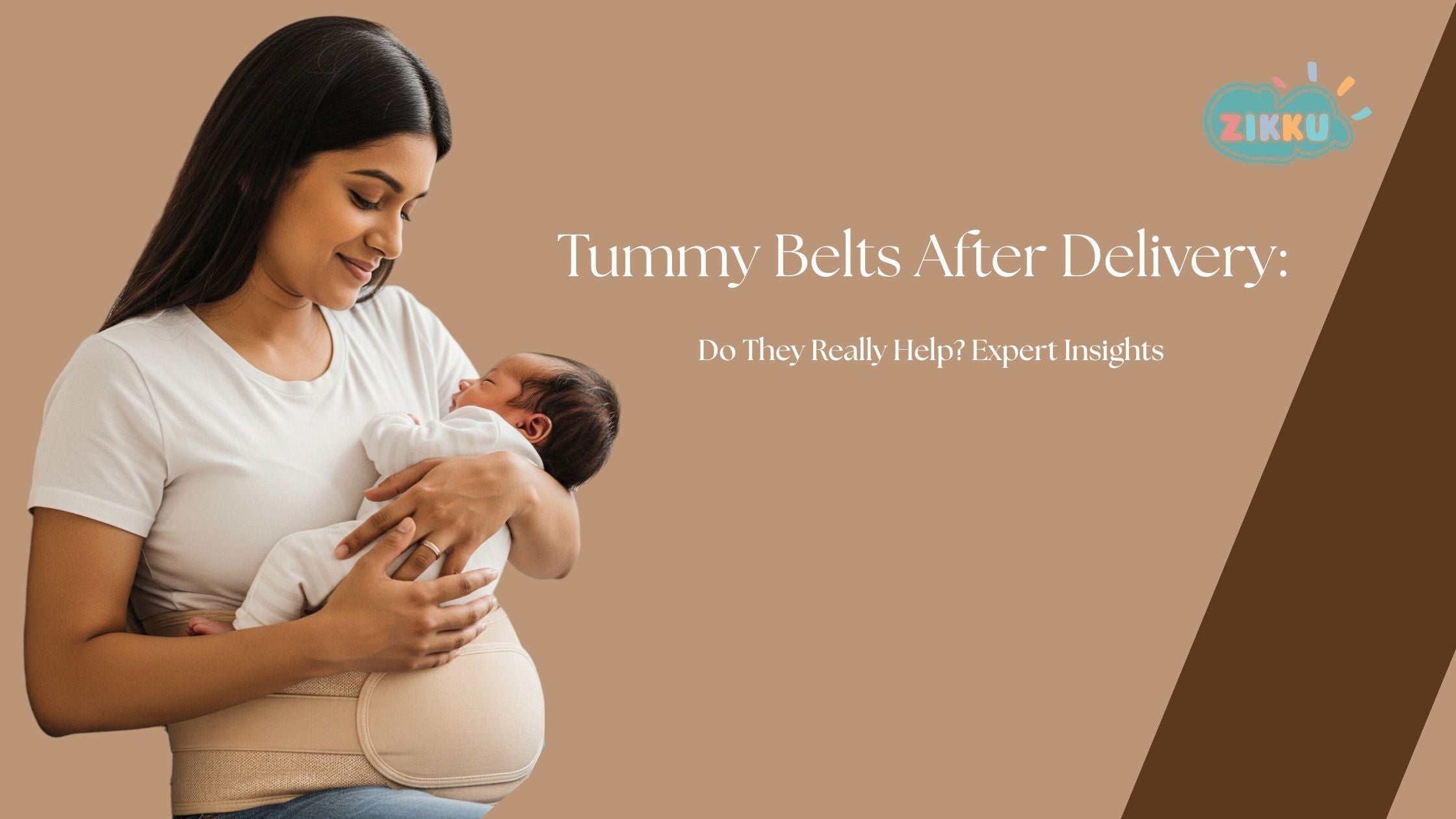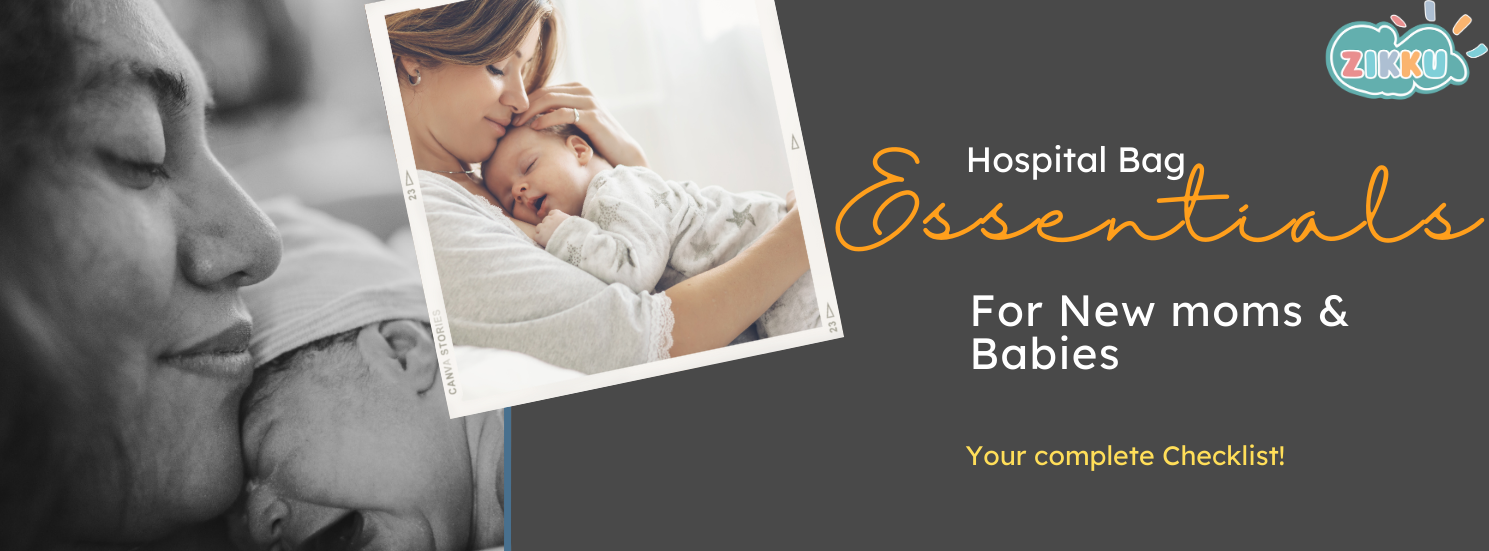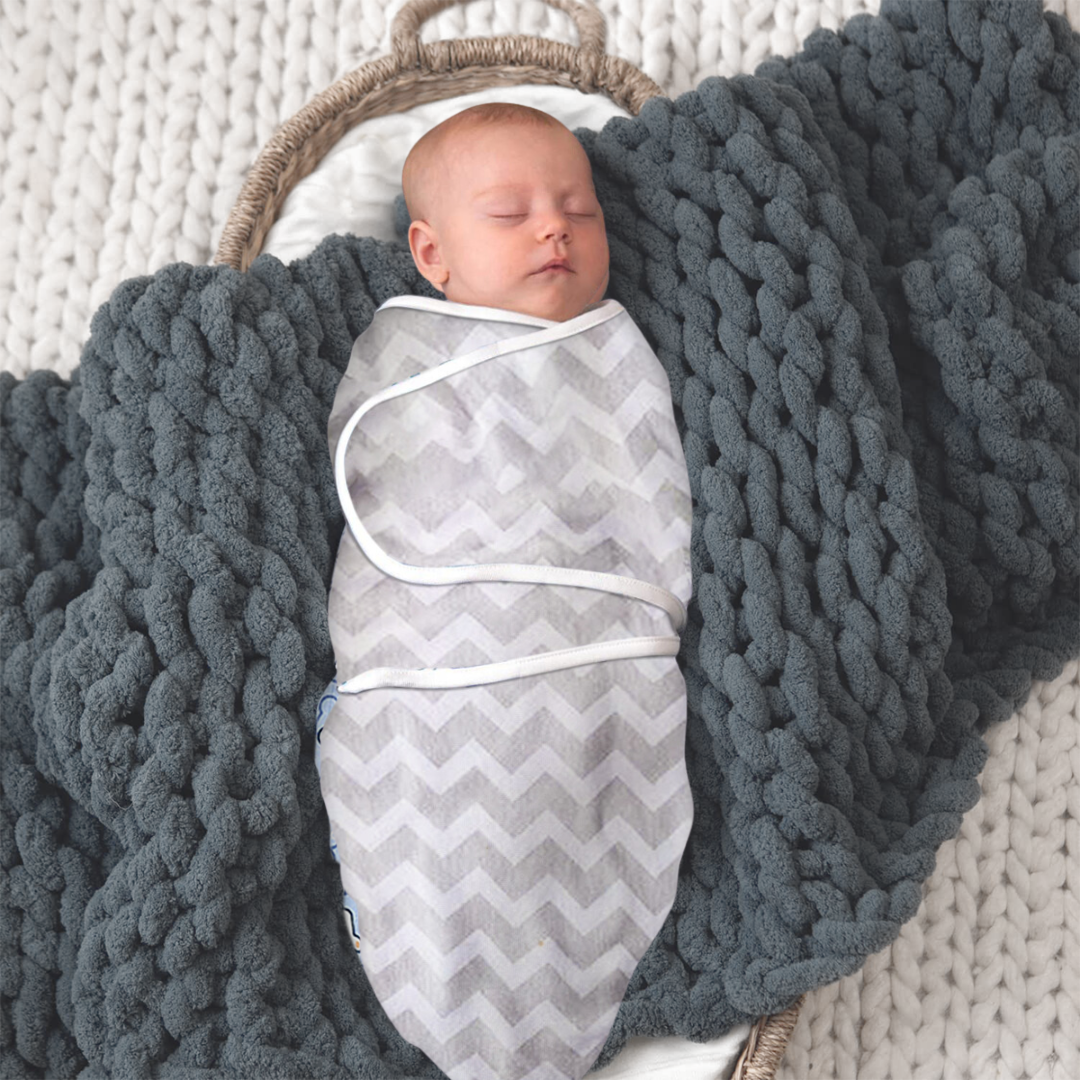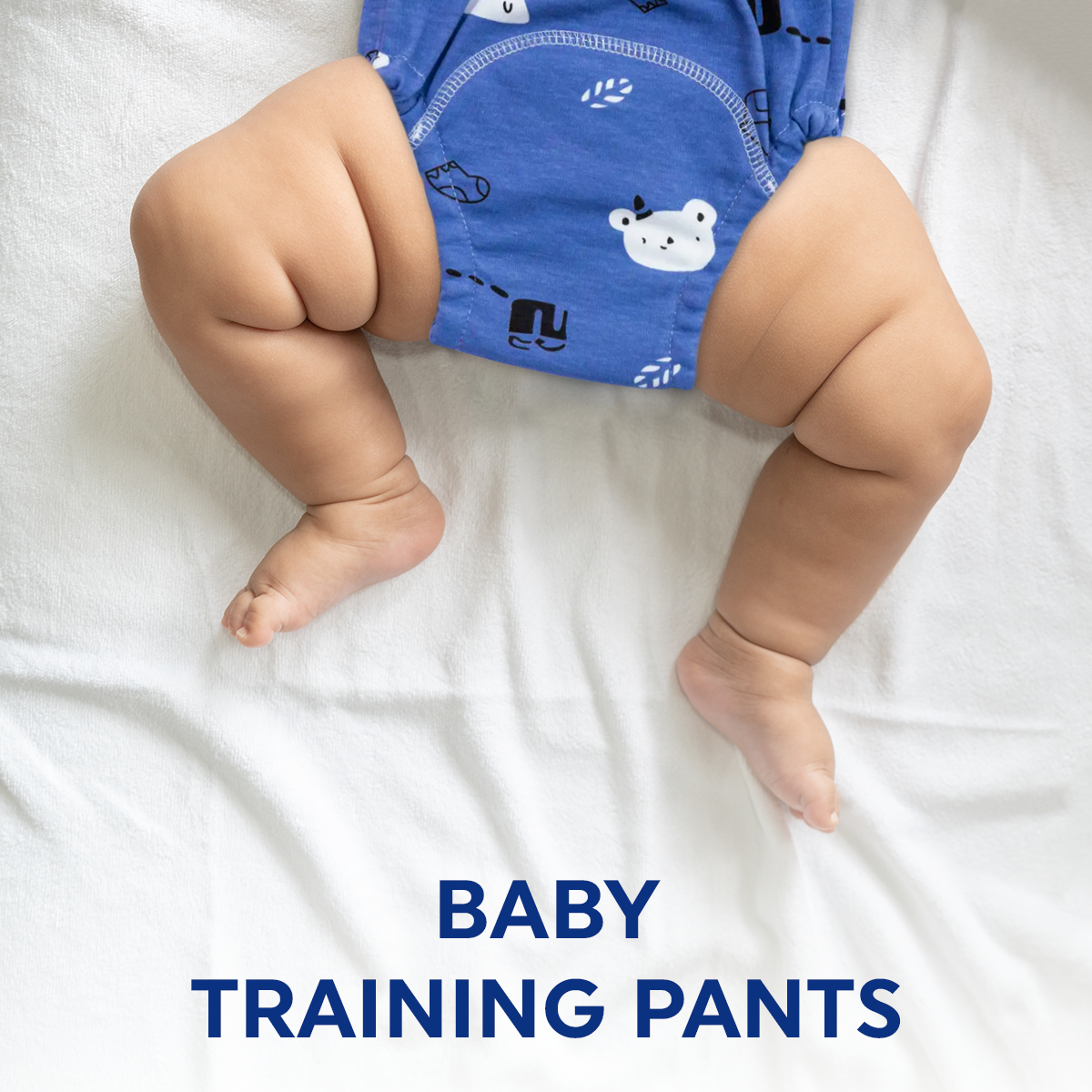Postpartum Hair Loss: 10 Natural Remedies That Actually Work for New Moms
- by ["Divyanshi Paliwal"]
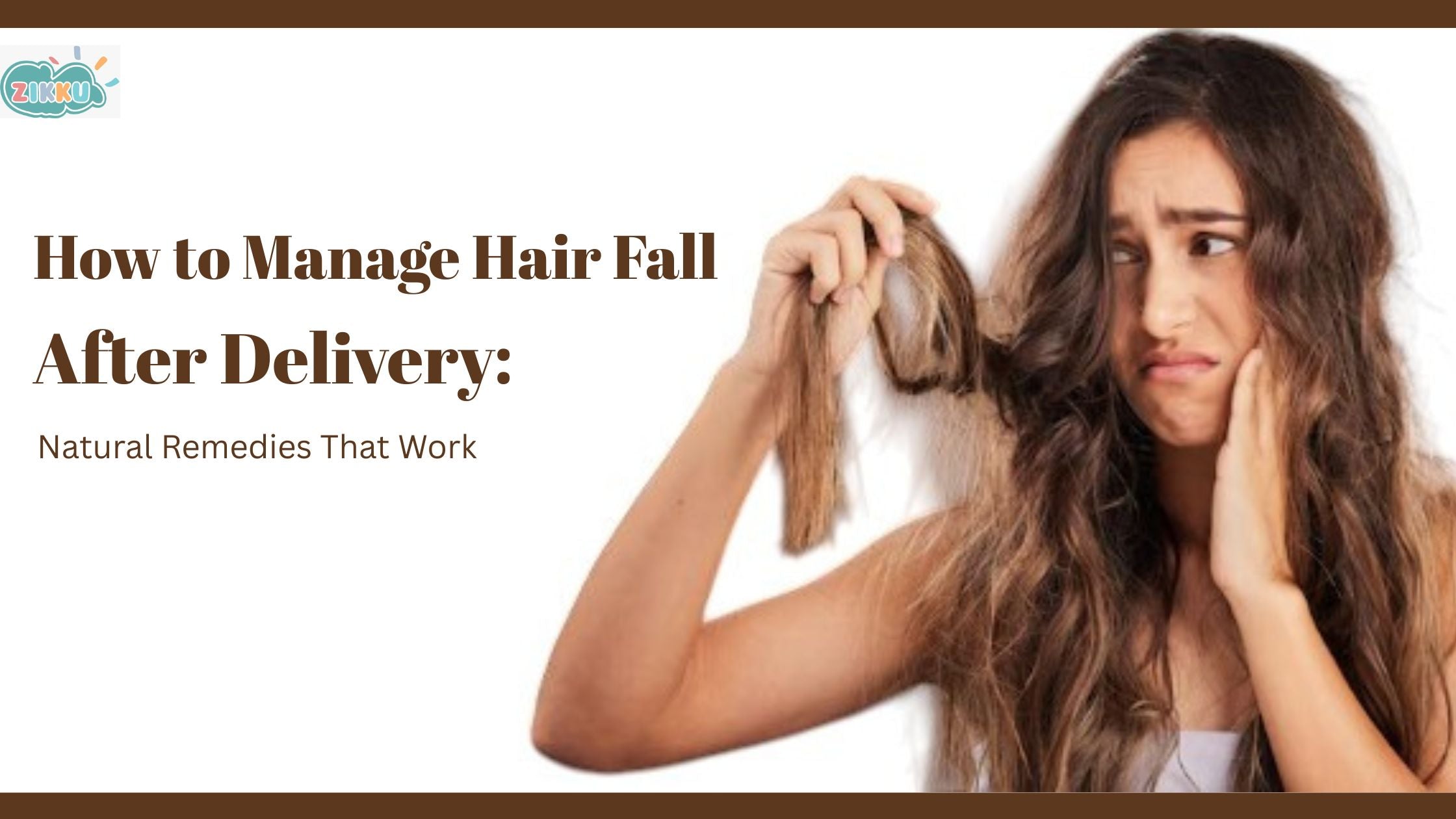
Are you finding alarming amounts of hair in your shower drain? Seeing more strands on your pillow than usual? Take a deep breath, mama. You're experiencing postpartum hair loss, and you're definitely not alone - nor are you going bald.
Understanding Postpartum Hair Loss: The Why Behind Your Hair Fall
- What Is Postpartum Hair Loss?
Postpartum hair loss, medically known as postpartum alopecia, affects up to 90% of new mothers. This temporary condition typically begins 2-4 months after delivery and can last up to 12 months.
- The Science: Why Your Hair Is Falling Out
During pregnancy, elevated estrogen levels kept your hair in the anagen (growth) phase longer than usual. This is why your hair looked fuller and more lustrous during those nine months. After delivery, your hormone levels drop dramatically:
- Estrogen levels plummet by up to 1000%
- Progesterone levels decrease significantly
- Thyroid hormone fluctuations can affect hair growth
This hormonal shift pushes all those "extra" hairs that remained during pregnancy into the telogen (resting) phase simultaneously, causing noticeable shedding.
When Does Postpartum Hair Loss Peak?
- Onset: 2-4 months postpartum
- Peak shedding: 4-6 months after delivery
- Recovery: 6-12 months (hair typically returns to pre-pregnancy state)
10 Natural Remedies for Postpartum Hair Loss That Actually Work
1. The Power of Scalp Massage with Therapeutic Oils
Scalp massage increases blood circulation to hair follicles, delivering essential nutrients and oxygen to promote hair growth.
Best oils for postpartum hair care:
|
Oil Type |
Benefits |
How to Use |
|
Coconut Oil |
Penetrates hair shaft, reduces protein loss |
Warm slightly, massage for 15 minutes |
|
Castor Oil |
Rich in ricinoleic acid, promotes growth |
Mix with carrier oil, use 2x weekly |
|
Amla Oil |
High in Vitamin C, strengthens follicles |
Apply overnight, wash in morning |
|
Argan Oil |
Contains Vitamin E, adds shine |
Use as leave-in treatment |
Pro tip: Create your own hair oil blend by mixing 2 parts coconut oil + 1 part castor oil + few drops of rosemary essential oil.
2. Essential Nutrition: Feed Your Hair from Within
Your hair needs specific nutrients to recover from postpartum changes. Here's what to prioritize:
-
Protein (25-30g daily)
- Why it matters: Hair is 95% protein (keratin)
-
- Best sources: Greek yogurt, eggs, lean chicken, quinoa
-
- Tip: Include protein in every meal and snack
- Iron (18-27mg daily)
o Why it matters: Iron deficiency is linked to hair loss
o Best sources: Spinach, lentils, red meat, pumpkin seeds
o Enhancement tip: Pair with Vitamin C foods for better absorption
- Biotin (30-35 mcg daily)
o Why it matters: Essential for keratin production
o Best sources: Egg yolks, nuts, avocados, sweet potatoes
- Zinc (8-12mg daily)
o Why it matters: Supports hair tissue repair and growth
o Best sources: Pumpkin seeds, chickpeas, cashews, beef
- Omega-3 Fatty Acids
o Why it matters: Keeps hair shiny and reduces inflammation
o Best sources: Salmon, walnuts, flaxseeds, chia seeds
3. Continue Your Prenatal Vitamins (Yes, Even After Birth!)
Don't stop taking prenatal vitamins after delivery, especially if you're breastfeeding. These supplements contain:
- Folic acid for cell division
- Iron for oxygen transport
- Biotin for hair strength
- Vitamins A, C, D, and E for overall hair health
4. Traditional Indian Remedies: Grandmother's Wisdom That Works
- Onion Juice Treatment
Onions contain sulfur compounds that boost collagen production and improve blood circulation. Follow these simple steps:
-
- Blend 2-3 onions and extract juice
- Apply to scalp and massage gently
- Leave for 30 minutes
- Wash with mild shampoo
- Repeat 2x weekly
- Rice Water Rinse
Rice water is rich in amino acids, vitamins B and E, and minerals that strengthen hair. Follow these simple steps:
-
- Save water after boiling rice
- Let it cool and ferment for 24 hours
- Use as final rinse after shampooing
- Apply 2-3 times weekly
- Aloe Vera and Honey Hair Mask
Aloe vera contains proteolytic enzymes that repair dead skin cells on the scalp. Follow this simple recipe:
-
- 2 tbsp fresh aloe vera gel
- 1 tbsp raw honey
- 1 tsp coconut oil
Mix and apply to scalp for 45 minutes before washing.
5. The Curry Leaves Secret
This traditional South Indian remedy is packed with antioxidants and strengthens hair follicles. Follow this simple recipe:
- Boil fresh curry leaves in coconut oil until they turn black
- Strain and store the oil
- Massage into scalp 2x weekly
- Leave overnight for best results
6. Proper Hair Care Routine for New Moms
- Gentle shampooing:
o Use sulfate-free shampoos
o Wash only 2-3 times per week
o Focus shampoo on scalp, not lengths
- Conditioning tips:
o Always use conditioner on mid-lengths to ends
o Try deep conditioning treatments weekly
o Consider leave-in conditioners for extra protection
- Drying and styling:
o Air dry when possible
o Use heat protectant if using styling tools
o Avoid tight hairstyles that pull on hair
7. Stay Hydrated: The Often-Overlooked Factor
Drink at least 8-10 glasses of water daily, more if breastfeeding. Proper hydration helps:
- Transport nutrients to hair follicles
- Maintain scalp health
- Support overall cellular function
8. Manage Stress Levels
High cortisol levels from stress can worsen hair loss and delay recovery. Follow some simple stress-reduction strategies:
- Practice 10-minute daily meditation
- Try gentle yoga or stretching
- Take short walks outdoors
- Ask for help with baby care when needed
9. Quality Sleep (When Possible!)
We know quality sleep is hard with a newborn. Follow these simple tricks to get quality sleep
- Sleep when baby sleeps (really!)
- Create a relaxing bedtime routine
- Keep bedroom cool and dark
- Consider split night duties with partner
10. Natural Hair Masks You Can Make at Home
- Egg and Yogurt Mask
o 1 whole egg + 2 tbsp plain yogurt
o Apply for 30 minutes
o Rich in protein and probiotics
- Banana and Honey Mask
o 1 ripe banana + 1 tbsp honey
o Mash and apply for 45 minutes
o Moisturizing and strengthening
When to Consult a Healthcare Professional
While postpartum hair loss is normal, contact your doctor if you experience:
- Severe hair loss continuing beyond 12-15 months postpartum
- Patchy hair loss (alopecia areata)
- Scalp irritation, redness, or burning
- Hair loss with other symptoms like extreme fatigue, weight changes, or mood changes
- Family history of autoimmune conditions
Creating Your Personalized Hair Recovery Plan
- Week 1-2: Start Simple
o Begin taking prenatal vitamins daily
o Implement gentle scalp massage 3x weekly
o Switch to sulfate-free hair products
- Week 3-4: Add Nutrition Focus
o Increase protein intake at each meal
o Start drinking 8-10 glasses water daily
o Try your first DIY hair mask
- Month 2: Incorporate Traditional Remedies
o Begin rice water rinses
o Try oil treatments weekly
o Add stress-reduction practices
- Month 3 and Beyond: Consistency is Key
o Maintain your routine
o Track progress with photos
o Adjust based on what works for you
Frequently Asked Questions About Postpartum Hair Loss
Q: Is postpartum hair loss permanent?
A: No, postpartum hair loss is temporary for most women. Hair typically returns to its pre-pregnancy state within 6-12 months after delivery.
Q: Can breastfeeding worsen hair loss?
A: Extended breastfeeding may prolong hair loss slightly due to continued hormonal changes, but it doesn't cause additional permanent damage.
Q: Are there any hairstyles I should avoid?
A: Avoid tight ponytails, braids, or buns that pull on your hairline. Opt for loose styles and gentle hair accessories.
Q: Can I color my hair during postpartum hair loss?
A: It's best to wait until your hair loss stabilizes (around 6-8 months postpartum) before chemical treatments, as your hair may be more fragile.
Remember, mama – you've just accomplished something miraculous. Your body created and nurtured life. This temporary hair loss is just one small part of your incredible journey into motherhood.
Be gentle with yourself. Focus on one or two remedies that feel manageable. Maybe it's consistently taking your vitamins or enjoying a weekly scalp massage during baby's nap time.
You're already doing so much. You don't need to be perfect – you just need to be consistent and kind to yourself.
The Zikku Promise: Supporting Your Motherhood Journey
At Zikku, we understand that postpartum recovery involves more than just baby care. Your well-being matters too. That's why we've curated products specifically designed to support new mothers through every stage of their journey.
Our commitment:
- Baby-safe ingredients in all products
- Traditional wisdom meets modern innovation
- Quality products that support Indian mothers
- Affordable solutions for everyday parenting needs
Explore our complete range of mother care essentials designed specifically for the Indian mother's needs.
